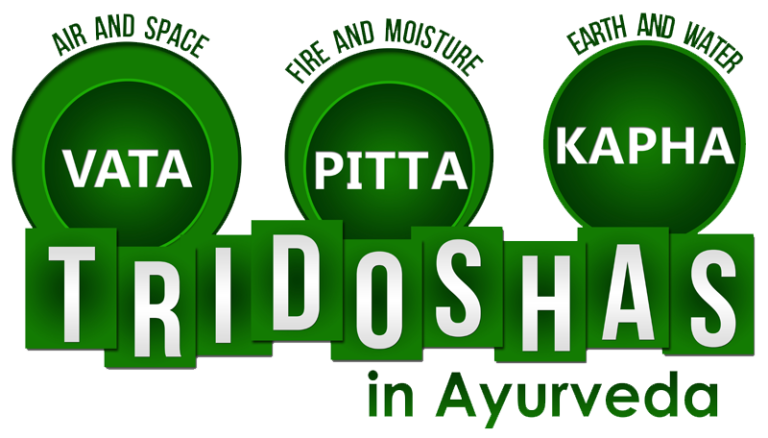Science of Ayurveda



The Philosophy of Ayurveda
According to Ayurveda it is possible for you to live a long and healthy life through intelligent co-ordination of your body (sharira), mind (mana), senses (indriya) and soul (atma).
Ayurvedic science revolves around the five elements (panchmahabhoot) i.e. earth (prithvi), water (jal), fire (agni), air (vayu), ether (aakash) that goes into the making of the three physical energies – Vata, Pitta, Kapha and the three mental energies – Satwa, Rajas and Tamas which in turn determines the constitution (prakriti). Ayurveda thus offers a unique blend of science and philosophy that balances the physical, mental, emotional and spiritual components necessary for holistic health.
The Harmony of Body, Mind and Soul
Ayurveda is not just an Ancient Indian Medical system, but a complete guide to healthy living. It has been around for several thousands of years and has stood through the test of time. Ayurvedic physicians were doing surgeries and other complex medical procedures long back –while the modern science was still in its infancy. The Vedic philosophy believes that the entire universe is one – whether it is human beings, animals, plans or non-animate objects. Hence, there is interdependence on each other. Ayurveda believes in creating harmony of the human body-mind-soul with the surrounding and nature. Hence, the focus of Ayurveda extends far beyond healing physical ailments but to mental and spiritual realms of helping a person attain the highest self realisation.
Ayurveda believes that each individual has its own unique body constitution like the thumbprint. It is a blend of three body types that include mental, physical and emotional aspects. These are known as Doshas in Ayurvedic scriptures. These Doshas are further classified as Vata, Pitta, and Kapha.
Vata represents space and air. It governs all physiological movements like breathing, talking, circulation, assimilation of food, urination, menstruation etc. People who possess this dosha have fast body movement and quick thought process. Vata dosha gives force to the other two Doshas.
Pitta represents fire and water in moisture form. It is the biological energy that functions through organic acids, hormones, enzymes, and bile. Physiologically, Pitta controls aggression, joy, willpower and mental perception.
Kapha represents water and earth. An individual dominated by this dosha is ruled by emotions like love, greed, patience, forgiveness, and attachment. It is this dosha that provides the body its physical form and structure.
Ayurvedic Herbs
Ayurvedic herbs are extracted from different parts of the plant – leaves, nuts, seeds, bark, roots and so on. There are thousands of such herbs and their combinations which are available as medicines. The method of processing & extraction also varies greatly – while some are extracted by boiling in water, some are used to make herbal wines and others are used directly for ingestion. Combination of herbs which are described in Ayurvedic scriptures are called “classical medicines” while those which have been formulated by pharmaceutical companies are called “proprietary medicines”. It is advisable to consult an Ayurvedic Doctor/Vaidyan before starting any medication.
We specialize in treating a variety of conditions, including muscular pain, back pain, difficulty walking, body pain, sensation of paralysis, tendon pain, joint pain, and swelling in the joints.
Our body massage treatments are effective in eliminating accumulated and unnecessary fats from the body.
We utilize traditional Ayurvedic diagnostic methods to accurately diagnose conditions. For prolonged illness or damage to the body, we offer handmade oil baths that are crafted with the utmost dedication and can help provide a cure.
Selvaraj Mooppanar, Tribal Traditional Ayurvedic Vaidyan
Mission
Popularise the Traditional Herbal System of Medicine and Practices More Popular.
Vision
Strive to Make Indian Community Much Healthier.
Values
- Utmost Belief in Yeluhi
- Traditional, Herbal way of Medicines
- Dedicated to the Nation